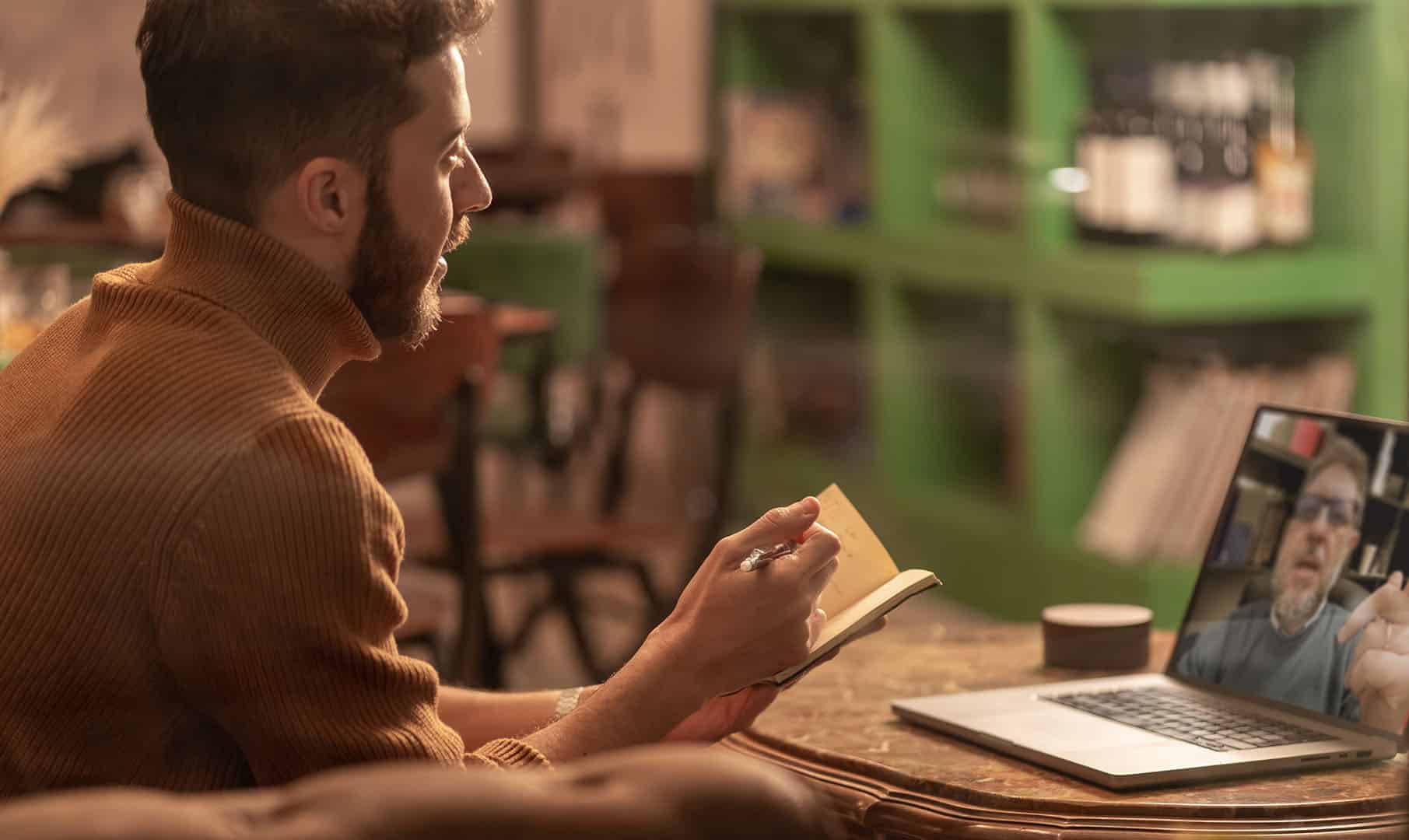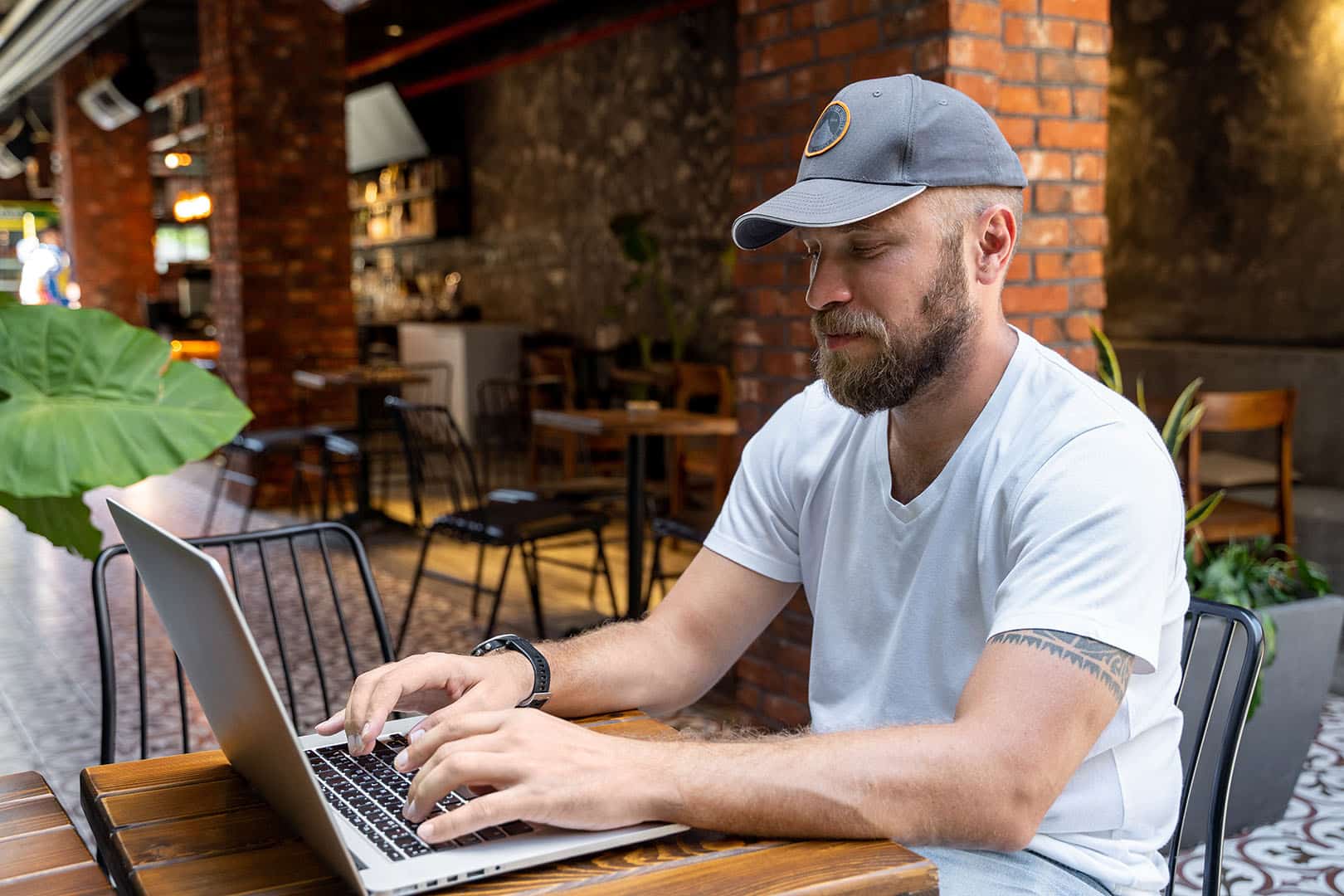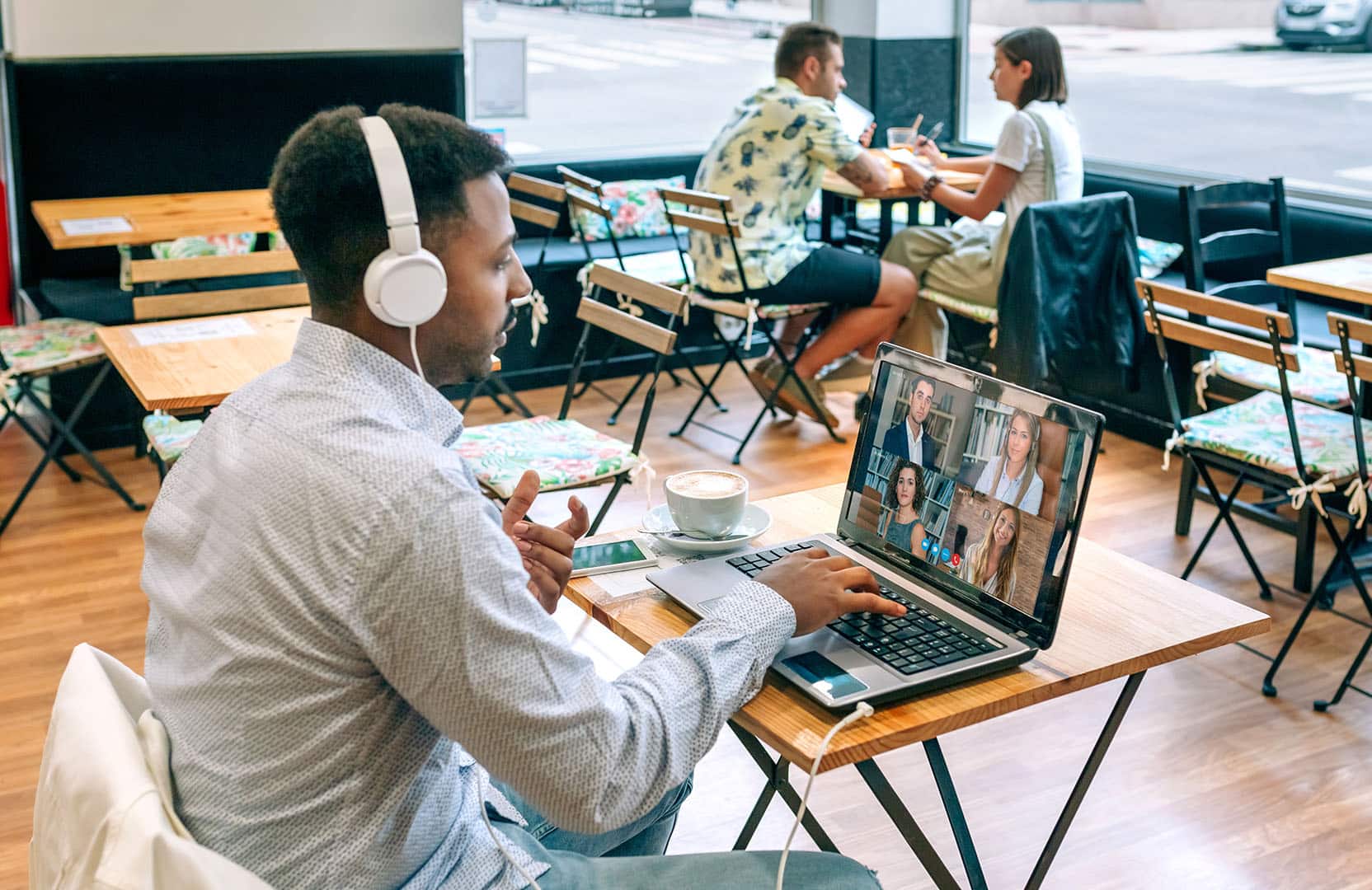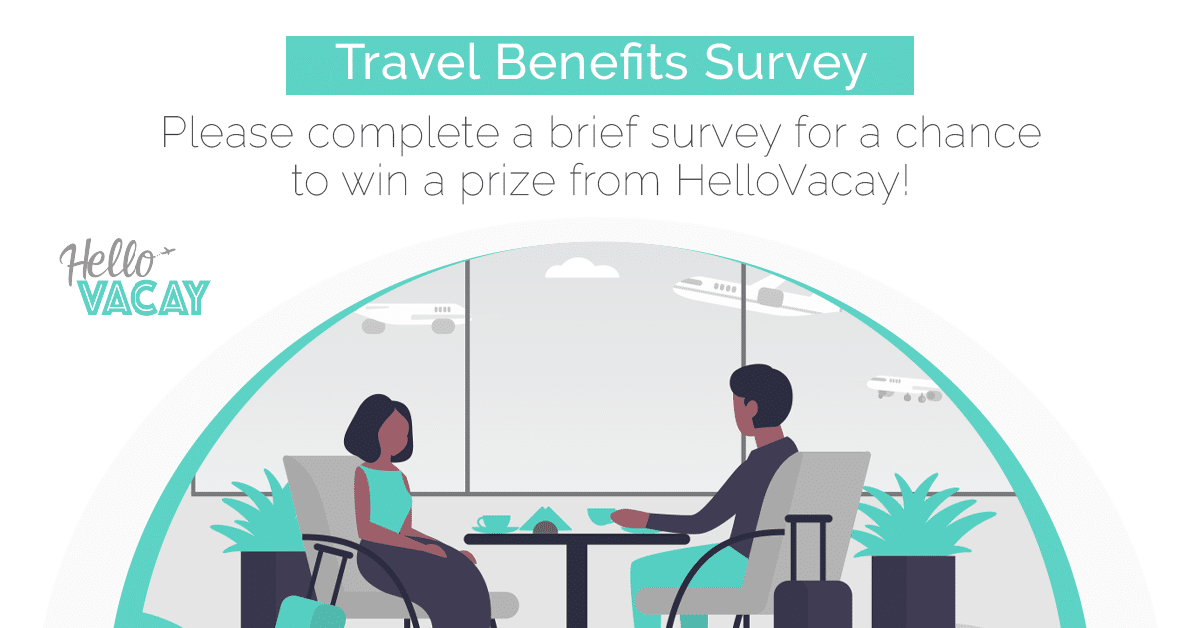The perfect remote work café isn't just about fast WiFi and available outlets. It's about a delicate balance of ambient noise, unspoken seating rules, and a culture that welcomes laptop warriors. Some cities have mastered this art better than others, creating environments where remote workers can thrive without feeling like intruders.

What Makes a Great Work Café?
Remote workers know it when they find it – that perfect café where everything just works. The WiFi password is readily available, power outlets are plentiful, and you don't get the dreaded “are you going to order something else?” look after two hours. But beyond these basics, truly great work cafés share some key characteristics.
First, there's the noise level. Studies show that moderate ambient noise (around 70 decibels) actually enhances creativity – the sweet spot between library silence and coffee grinder chaos. The best work cafés naturally maintain this balance through thoughtful music choices and clever spatial design.
Then there's the unspoken social contract. How long can you stay? Is it acceptable to take calls? Are there peak hours when laptop use is frowned upon? The world's best remote work cities have cafés where these rules are clear and consistent.

Top Cities and Their Unique Café Cultures
Melbourne: The All-Day Approach
Melbourne's café culture is legendary, with spaces designed for lingering. Many cafés seamlessly transition from morning coffee spot to evening wine bar, with remote workers welcome throughout. Standout neighborhoods like Fitzroy and Carlton feature cafés with dedicated workspaces and “long stay” menus for all-day patrons.
Try: Higher Ground, housed in a stunning converted power station, offers multiple levels with dedicated workspaces and all-day dining. In Fitzroy, Industry Beans combines roastery, restaurant, and remote work haven with plenty of power outlets and high-speed WiFi.
Portland: The Indie Innovation
Portland's independent café scene has pioneered the concept of “café-office hybrids.” Converted Victorian homes offer multiple rooms with different vibes – quiet study spaces upstairs, collaborative areas in former living rooms. Many offer monthly memberships that include unlimited coffee and reserved seating.
Try: Never Coffee Lab on SE Belmont welcomes remote workers with large tables and plenty of outlets, while Courier Coffee downtown offers a minimalist workspace with serious coffee credentials.
Berlin: The Always Welcome
Berlin's café culture embraces remote workers like few other cities. Many spaces actually encourage all-day stays, with tiered pricing for “workspace packages” that include coffee, snacks, and dedicated power outlets. The city's former industrial spaces have been transformed into vast, laptop-friendly environments.
Try: Betahaus Café in Kreuzberg offers daily passes with full café service, while St. Oberholz is famous for being one of the first cafés in Berlin to explicitly welcome laptop workers.
Montreal: European Style Meets Work Culture
Montreal uniquely blends French café aesthetics with North American work habits. The Plateau and Mile End neighborhoods feature cafés where you'll find both traditional croissant-and-coffee patrons and remote workers settling in for the day. Winter-proof indoor spaces make year-round work comfortable.
Try: Café Parvis in downtown offers beautiful indoor greenery and plenty of workspace, while September Surf Café provides large communal tables perfect for remote work.
Austin: The New Southern Comfort
Austin's café scene has exploded with converted houses offering sprawling indoor-outdoor workspaces. These spaces often feature yard seating, breakfast tacos, and a distinctly laid-back approach to the workday. Many have adapted to the climate with misted outdoor areas for year-round use.
Try: Radio Coffee & Beer offers abundant indoor-outdoor seating and food trucks on site, while Cenote, set in a historic East Austin home, provides ample outlets and shaded outdoor spaces.

Hidden Costs & Considerations
Working from cafés isn't just about finding a free desk. The most laptop-friendly cities have evolved different approaches to the economics of long-stay customers:
- Daily spend expectations vary widely: expect to pay $15-20 per day in Melbourne, while Berlin's café-work spaces often operate on a more formal hourly rate
- Time limits are increasingly transparent: many cafés now offer clear guidelines or tiered pricing for different lengths of stay
- Membership programs are becoming common: weekly or monthly passes that include benefits for regular remote workers
- Food policies matter: some require food purchases during peak hours, while others have minimum spends for laptop users

Remote Work: Looking Ahead
As remote work continues to shape city life, café cultures are evolving to meet new needs. The most successful cities are those where café owners and remote workers have found a sustainable balance. Whether you prefer Melbourne's all-day approach or Portland's hybrid spaces, understanding local café culture is becoming as crucial as knowing the WiFi speed when choosing your next remote work destination.


